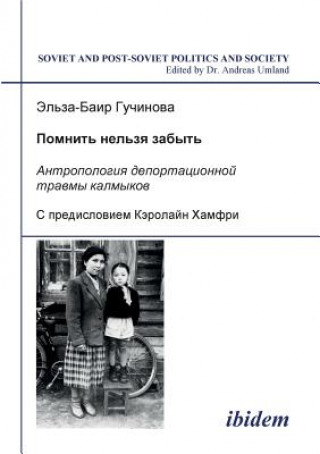
Code: 01915689
Pomnit' nel'zia zabyt' - Antropologiia deportatsionnoi travmy kalmykov.
by El'za-Bair Guchinova
This study deals with the anthropology of the deportation trauma as experienced by the Kalmyks (1943-1956) and how it affects national identification. It shows the stigmatisation of Kalmyk identity in the years of deportation and ... more
- Language:
 Russian
Russian - Binding: Paperback
- Number of pages: 292
Publisher: Ibidem Press, 2005
- More about this

You might also like
-

Early Estimation of Project Determinants
92.08 € -19 % -

Ethik im Kunstmarkt
26.19 € -14 % -

Lehrerprofessionalitat Und Die Qualitat Von Mathematikunterricht
72.13 € -

Poems of Hampstead Heath and Regent's Park
10.27 € -10 % -

101 Mathematical Projects
35.76 €
Give this book as a present today
- Order book and choose Gift Order.
- We will send you book gift voucher at once. You can give it out to anyone.
- Book will be send to donee, nothing more to care about.
More about Pomnit' nel'zia zabyt' - Antropologiia deportatsionnoi travmy kalmykov.
You get 97 loyalty points
 Book synopsis
Book synopsis
This study deals with the anthropology of the deportation trauma as experienced by the Kalmyks (1943-1956) and how it affects national identification. It shows the stigmatisation of Kalmyk identity in the years of deportation and response of the ethnic group to deprivation. The ever changing discourse of the Kalmyk issue, and political use of the trauma also receive attention.The study is innovative in Russian anthropology as it is the first anthropological study of the Kalmyk deportation as well as of the consequences of the trauma, and as it provides comparative insight by making use of similar experience of deprivation of other ethnic groups. The monograph contains a valuable corps of sources, especially oral, including analyses of folk songs and oral narratives. The novelty of the study also lies in that it applies gender methodology to the analysis of adaptation of men and women to extreme conditions of life and considers gender-specific differences in mechanisms of memory, recollection and oral narration. The monograph closes a gap in the study of collective and individual strategies of survival in conditions of deportation in Siberia and Central Asia. It demonstrates the existence of stigmatised ethnicity in the USSR. Among the conclusions the author arrives are that the Buddhist tradition played an important role in the way historic trauma was perceived by the Kalmyks, and that there was a factor of phenotypic difference leading Kalmyks in extreme conditions to strive to "dissolve" in the social environment using every chance to prove loyalty to the state. This left little chance for specific Kalmyk cultural features to resurge outside the home sphere. There is evidence that the trauma is something most Kalmyks have overcome. Its still deliberate accentuation ap
 Book details
Book details
38.58 €
- Full title: Pomnit' nel'zia zabyt' - Antropologiia deportatsionnoi travmy kalmykov.
- Author: El'za-Bair Guchinova
- Language:
 Russian
Russian - Binding: Paperback
- Number of pages: 292
- EAN: 9783898215060
- ID: 01915689
- Publisher: Ibidem Press
- Weight: 349 g
- Dimensions: 210 × 148 × 15 mm
- Date of publishing: 28. September 2005
Trending among others
-

The Book. Как создать цивилизацию заново
61.55 € -4 % -

48 законов власти
22.96 € -9 % -
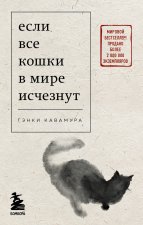
Если все кошки в мире исчезнут (покет)
8.86 € -5 % -

Карточки для нейротренировки по методике Гленна Домана: с 6 месяцев
7.24 € -13 % -

Бог всегда путешествует инкогнито
8.86 € -5 % -

Мужчины любят стерв. Руководство для слишком хороших женщин (новое оформление)
12.69 € -5 % -

Город женщин: роман
13.69 € -4 % -
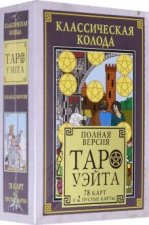
Классическая колода Таро Уэйта. Полная версия. 78 карт и 2 пустые карты
13.29 € -18 % -

К себе нежно. Книга о том, как ценить и беречь себя
20.44 € -7 % -
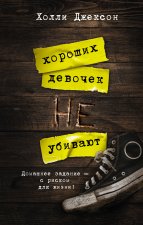
Хороших девочек не убивают
13.69 € -4 % -
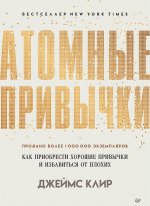
Атомные привычки. Как приобрести хорошие привычки и избавиться от плохих
24.68 € -10 % -
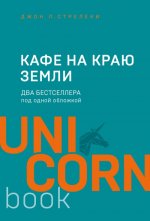
Кафе на краю земли. Два бестселлера под одной обложкой
12.18 € -14 % -
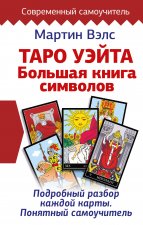
Таро Уэйта. Большая книга символов. Подробный разбор каждой карты. Понятный самоучитель
12.99 € -14 % -

Raduga po novomu 3 pracovní sešit
7.85 € -

Великое пятикнижие Ф. М. Достоевского. Комплект из 5-ти книг
29.01 € -4 % -
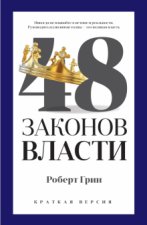
48 законов власти (краткая версия)
11.17 € -9 % -

Raduga po novomu 5 pracovní sešit
8.05 € -7 % -

Граф Монте-Кристо (комплект из 2 книг)
17.52 € -4 % -

Наедине с собой
8.86 € -5 % -

Snova Klass! 1
18.63 € -6 % -
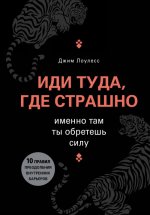
Иди туда, где страшно. Именно там ты обретешь силу
20.24 € -9 % -

Маленькие женщины
7.55 € -9 % -

Благословение небожителей. Том 1
22.96 € -14 % -

Война и мир (комплект из 2 книг)
12.48 € -18 % -

Самый богатый человек в Вавилоне (львы)
11.78 € -4 % -

Две жизни. Коллекционное оформление. Комплект из 4-х книг
43.82 € -9 % -

Автобиография йога
18.43 € -5 % -

120 дней Содома
7.95 € -4 % -

Финансист. Титан. Стоик (комплект из 3 книг)
18.43 € -5 % -

Raduga po novomu 3
12.18 € -

Древо Рода. Метафорические ресурсные карты (69 карт в твердой коробке и руководство для работы с колодой)
24.17 € -5 % -

Благословение небожителей. Том 2
24.57 € -14 % -

Благословение небожителей. Том 3
24.57 € -14 % -

Метро 2033. Метро 2034. Метро 2035
41.10 € -14 % -
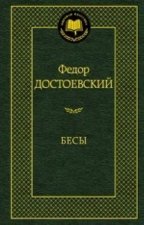
Бесы
9.86 € -4 % -

Женщина, у которой есть план. Правила счастливой жизни (мягкая обложка)
12.69 € -5 % -

Письма незнакомке
7.95 € -4 % -
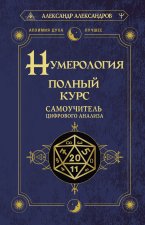
Нумерология. Полный курс. Самоучитель цифрового анализа
14 € -19 % -

Триггерные точки. Пошаговое руководство по терапии хронических мышечных и суставных болей
31.83 € -5 % -
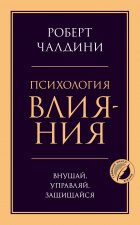
Психология влияния. Внушай, управляй, защищайся
11.58 € -12 % -

Думай и богатей! Самое полное издание, исправленное и дополненное
10.57 € -14 % -

Мастер и Маргарита
14.60 € -5 % -
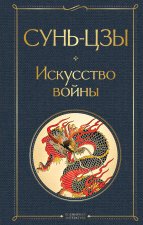
Искусство войны
9.26 € -10 % -
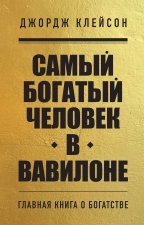
Самый богатый человек в Вавилоне
9.26 € -10 % -

Raduga po novomu 4 pracovní sešit
7.65 € -3 % -

Raduga po novomu 2 pracovní sešit
8.05 € -
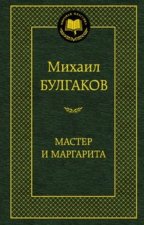
Мастер и Маргарита
9.86 € -4 % -

Тысячеликий герой
19.34 € -5 % -

Это началось не с тебя. Как мы наследуем негативные сценарии нашей семьи и как остановить их влияние
14.70 € -14 %
Collection points Bratislava a 2642 dalších
Copyright ©2008-24 najlacnejsie-knihy.sk All rights reservedPrivacyCookies



 15549 collection points
15549 collection points Delivery 2.99 €
Delivery 2.99 € 02/210 210 99 (8-15.30h)
02/210 210 99 (8-15.30h)